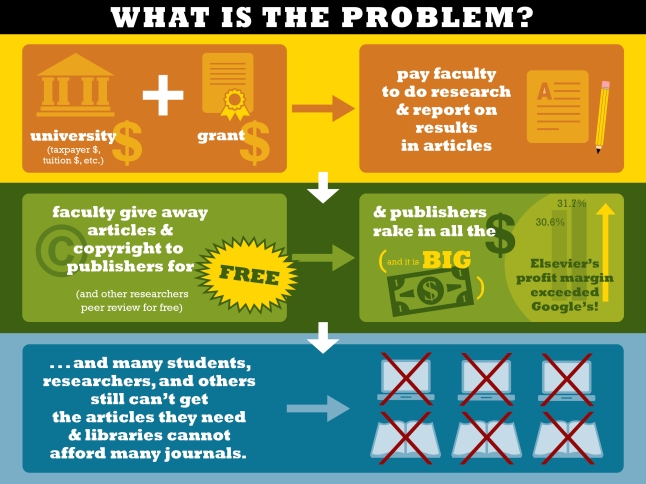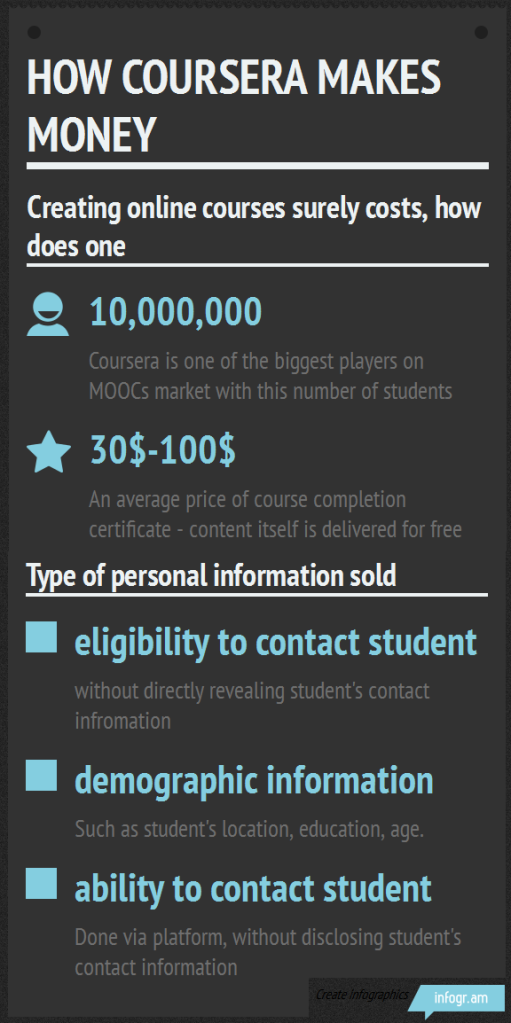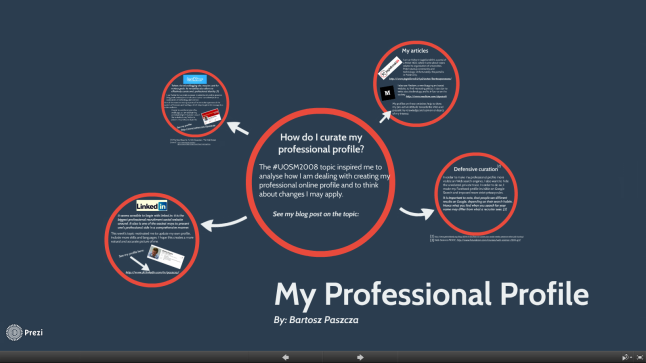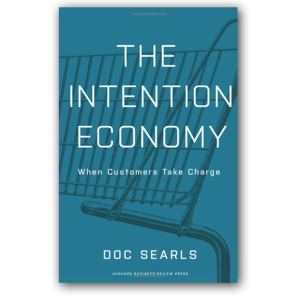
Stand up and vote: for and against the Open Access
The topic of Open Access has sparked interesting contributions from blog’s Authors. Firstly, although in general it seems everyone appreciated the idea of Open Science, some legitimate voices of concern were raised.
Secondly, there seemed to be a division in terms of post topics, with the largest group focusing on Open Access in Academia, while the rest of students wrote about same notion applied more generally to content on the Web (especially journalism).
Continue reading →








